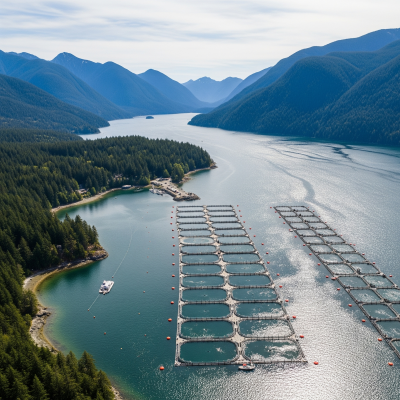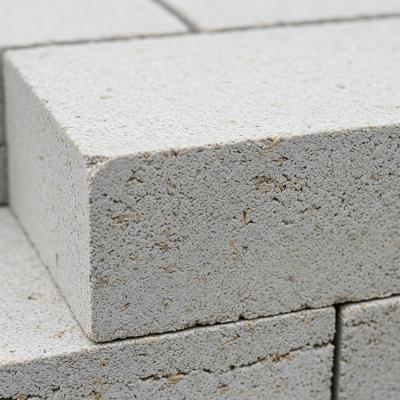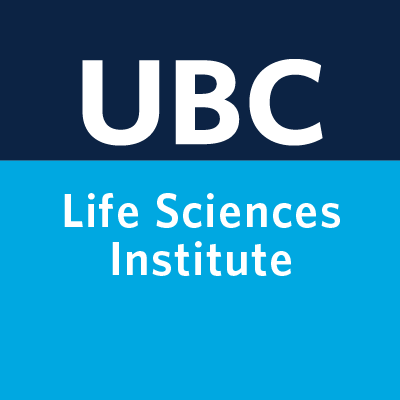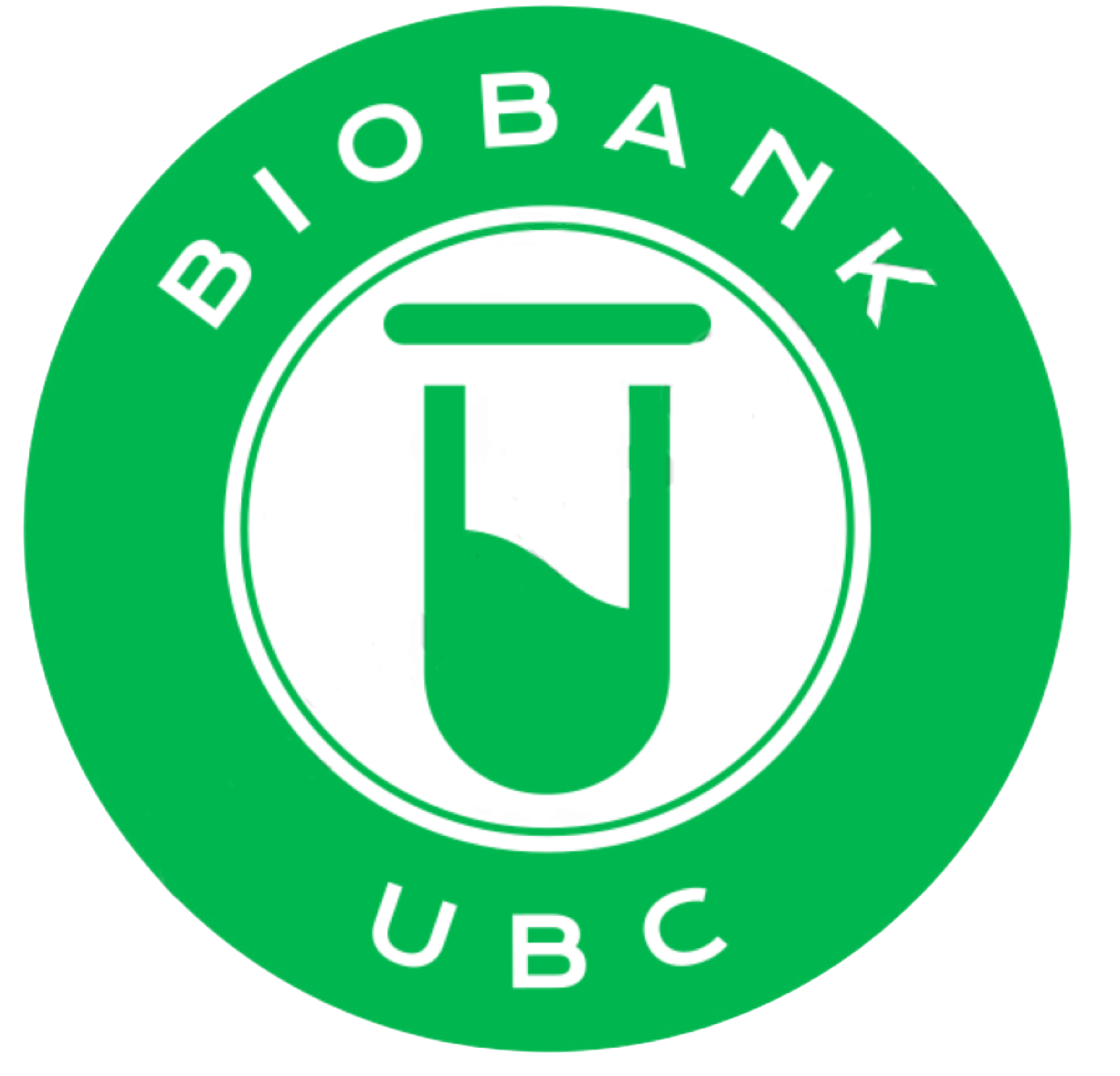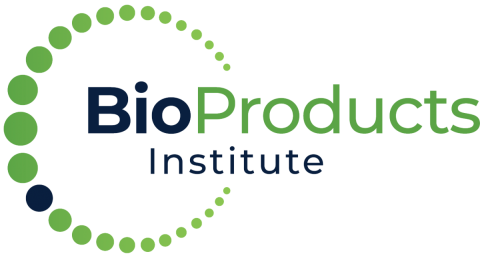Microbial cell systems are complex communities of microorganisms that thrive in a shared environment. Understanding the interrelationships in these complex communities has the potential to unlock the power of the circular economy.
The MCELLS Research Cluster uses synthetic biology, multiomics, and other cutting edge methods to enhance and transform mixed cellular communities into targeted functional factories that can be tuned to specific applications in industries such as construction, aquaculture, and mine remediation.
Specific capabilities of living cell systems we work with include the following:
Synthesis of nutrients
Growth of biomass over time
Self-assembly into organized structures
Self-repairing and regeneration
Responsiveness to environmental stimuli

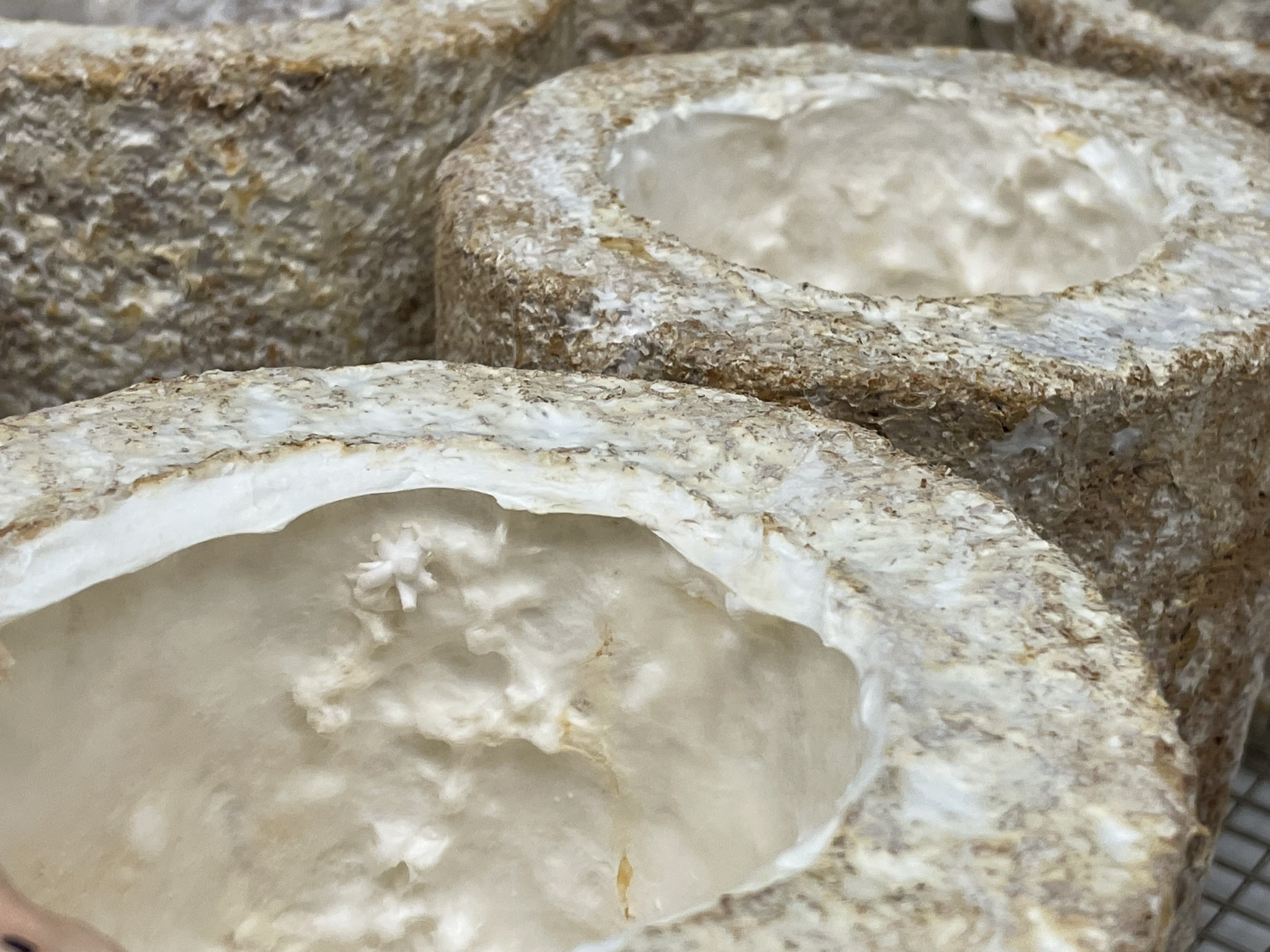
Hybrid Living Materials (HLM) are created by integrating microorganisms into raw materials to enable value-added functions, such as resiliency, adaptability, self-assembly, and self-repair, that are unavailable in traditional materials.
HLMs hold great potential to provide sustainable solutions that reduce the carbon footprint associated with resource extraction and consumption. They contribute to the clean energy transition and support a more circular economy, with broad applications across multiple industries.


